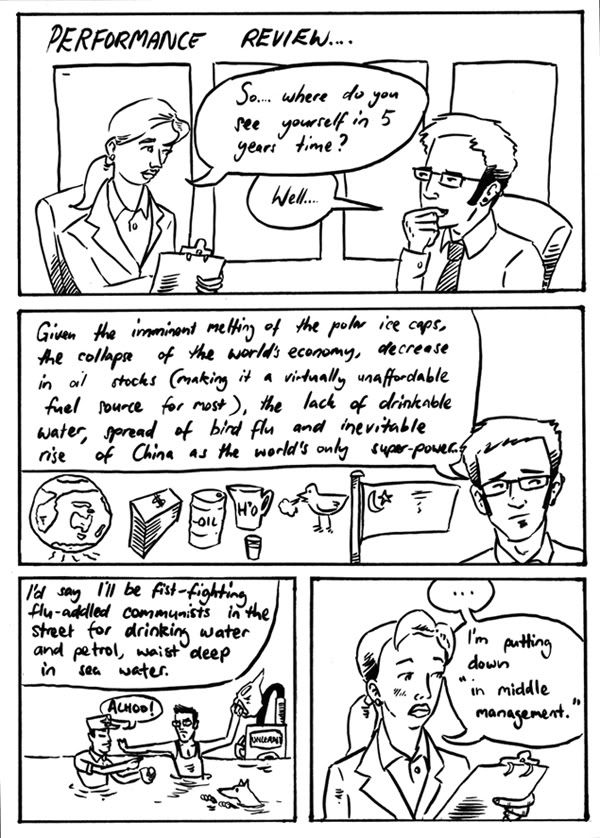
Last night I saw
The Trip. It's a Michael Winterbottom film that carries on from
Tristram Shandy: A Cock and Bull Story in which Steve Coogan and Rob Brydon played slightly fictionalised versions of themselves, in amongst an array of other British celebrities.
This time around, it's kind of a middle-aged road story - think
Sideways, if Giamatti were actually feeling sorry for
himself, rather than playing someone who feels sorry for himself.
And much, much funnier. The dialogue is mostly improvised, and it's basically two good friends who've spent a lot time together travelling the countryside eating good food and taunting each other, having those occasional moments that two old friends have when they both happen to hit exactly the same emotional (and comedic) wavelength. And we're in on the joke the whole way a long.
It's interesting, because it seems that this is a bit of a new movement in film (television and cinema -
The Trip started as a BBC series) and also, perhaps to a lesser extent, literature. Bret Easton Ellis'
Lunar Park saw Ellis rewrite his life into a critique of domesticity, modern consumption and his own prior work (either Patrick Bateman, the killer from American Psycho, or a copycat, circles the periphery of the narrative, haunting Ellis' fictionalised self). To some extent autobiography is always a fictionalising of the self, but these works all take it another step - creating new situations for their "characters", and sometimes even inventing partners or alternative home-lives (Ellis' wife and Coogan's girlfriend Mischa).
So the question is: is this the next stage after the mockumentary? That genre has now been thoroughly worked and re-worked, and is now essentially de rigeur for comedy. Is the next step to take fictionalised versions of real life people and play it cold, somewhere between a documentary and a film that just happens to be about the celebrities in the film?
In the hands of someone like Winterbottom, who seems to have taken the hints of it from 24 Hour Party people (a brilliant film, and a real Mancunian love-in on and off screen) and turned them into their own genre in Tristram Shandy and now The Trip, it's wonderful, hilarious, illuminating and often legitimately touching. There are several scenes where we see an existentially helpless Coogan look out into the distance, and as an audience member I actually thought, "Oh god, do you get to that level of fame, and that age, and still feel that hopeless need to prove yourself, to keep moving, to stay young?"
It's also a tribute to Coogan (and Brydon, but to a much lesser extent) that he's willing to play the fictionalised version of himself as such an arsehole. I can't help but feel that to be self-aware enough to play that role he can't be as bad a person as he would have us believe.
But where does that leave those of us who aren't already famous? This genre, by it's very nature, locks out the newcomer or the unknown player. In some ways, it's a high-brow Punk'd - we get to laugh at and with the celebrity, we get to feel like we know them, but then the show ends and we're still sitting in our living rooms or movie theatres on a normal wage, known only to our friends.
Ellis couldn't have written Lunar Park if he wasn't already a celebrity author whose life, and sexuality, were well known - the book would read like the autobiography of a paranoid schizophrenic with a pathological fear of children's toys. We wouldn't care about Coogan and Brydon travelling the countryside from restaurant to pub to cottage if we didn't already know their faces and their disparate personalities.
It's sad to think that it's a form tied so inextricably to the concept of celebrity. On the other hand, the fact that these celebrities are so willing to play with the concept of their being well known to us, and the concept of celebrity itself, is refreshing.
And maybe that's the beauty of it - this artist is the truly only one who could have made this artwork.
The Trip - 4/5
Celebrities fictionalising themselves - a trepidatious 3/5

